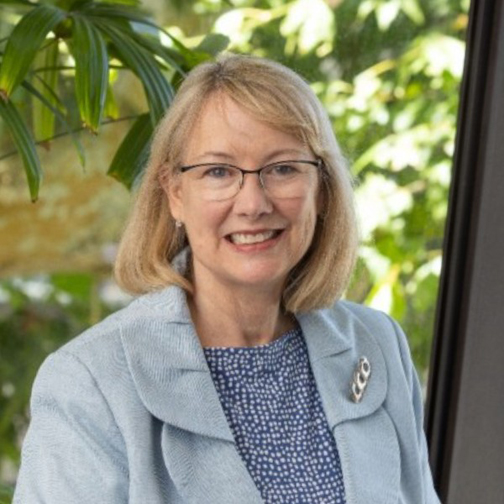National Caregivers Month
November is National Caregivers month. Informal or unpaid caregivers are the backbone of long term care in people’s homes. Middle-aged and older adults provide much of this care in the U.S. as they care for aging parents or spouses. Caregiving can include help with activities of daily living such as bathing and dressing, paying bills, shopping and providing transportation. It may also involve emotional support and help with managing a chronic disease or disability. Caregiving responsibilities often increase and change as the recipient’s needs increase, which may result in additional strain on the caregiver. And with the increase in the U.S. older adult population, the need for caregivers is only expected to grow.
While caregiving can bring satisfaction and strengthen relationships, caregiving can also affect the caregiver’s life in a myriad of ways including his/her ability to work, engage in social interactions and relationships and maintain good physical and mental health.
According to the Centers for Disease Control, 14.5% of caregivers reported experiencing 14 or more mentally unhealthy days in the past month, 36.7% report getting insufficient sleep and 40.7% report having two or more chronic diseases. Regardless of age, sex or ethnicity, caregivers often put their own wellbeing on the backburner while caring for their loved ones. But just like the airplane safety instructions – you need to put on your own oxygen mask first before assisting others.
Caregivers often hold beliefs that they are the only ones who can care for their loved ones or that by putting their own needs first (exercising, attending regular doctors appointments, getting enough sleep), they are being selfish. Organizations such as the Family Caregiver Alliance (caregiver.org) can be very helpful resources in helping caregivers identify barriers to self-care, identifying what you can and cannot change, goal setting, and seeking assistance. For example, caregivers are often reluctant to ask for or accept help so that they can have some respite. Ultimately, if caregivers themselves become ill or injured, they leave their loved ones more vulnerable, so it is imperative to create space to care for oneself.
The USC-VHH Community Resource Center for Aging can help caregivers talk through their situations and find creative and local resources that fit with a family’s needs, budget and sensibilities. Start the conversation by phone (818) 949-4033 or email (Aging-Resources@med.usc.edu).

Program Manager
USC Verdugo Hills Hospital
Community Resource Center for Aging
